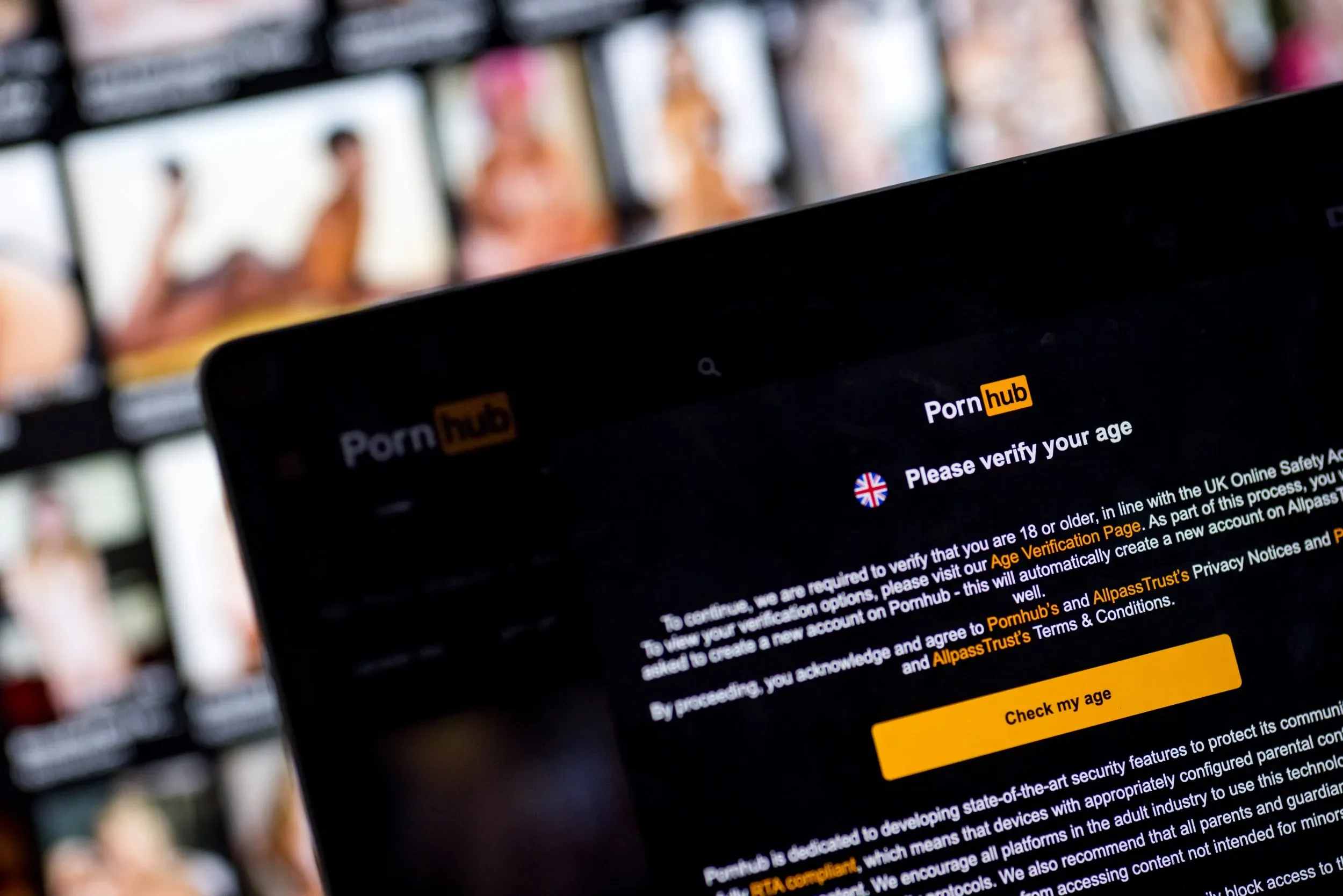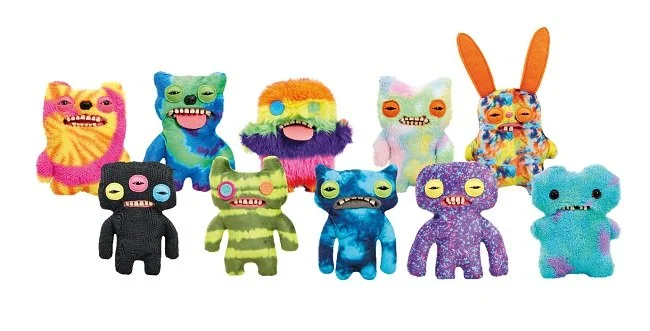“Geek Culture” and the Media
During my lifetime, I have seen many niche market hobbies and pastimes become mainstream activities. Much of what is now generically known as “geek culture” use to be the exclusive and esoteric province of hardcore fans back in the seventies. Comic collecting, conventions commemorating obscure TV shows and even gaming were activities that were mainly conducted under the mainstream radar, in minor conventions centres, church halls and out-of-the-way bespoke stores. Forty plus years later and all of the above are now big business, generating staggering sums of money. For example, let’s take a moment to reflect upon Avengers: Infinity War which has so far earned $1,164,106,540 at the box office since its release on April 27th. The notion of a film company investing so heavily in such a genre franchise was virtually unheard during my youth. Sure, that changed with Star Wars but if you’ve read anything about the making of that movie, you’ll know it was both a battle and gamble to get it to the big screen.
Yet despite the commercial viability of “geek culture” and the way it has become subsumed into wider popular culture, it is still something that is often misrepresented in the media, who struggle to understand it. Some argue that it is being wilfully misconstrued to pander to specific demographics and sell newspapers. Perhaps the TV show The Big Bang Theory is the best example of this consumerism versus perception paradox. Despite it’s broad popularity with audiences, some self-identified “geeks” strongly object to it, feeling that the show makes nerds and their associated culture the butt of the jokes, rather than the subject of them. Another objection is that it offers a caricatured vision of “geek culture”. As one Reddit contributor put it “it is a close approximation of nerd culture, but it’s not quite an accurate representation. BBT catches flack because it’s not far enough off the mark to write off, but it’s not close enough to identify with". Subsequently, representation leads to stereotypes, which is seldom a good thing.
We should also consider the cyclical tabloid hysteria about gaming that regularly appears. At present the UK popular press are running ill-informed and deliberately distorted stories about the popularity of Fortnite, which all sounds tediously familiar. Roll back the clock ten years and you’ll find identical stories about Grand Theft Auto IV. These and other examples seem to indicate that big business and the general public are happy to reap the benefits of “geek culture”, while at the same time looking down upon it and ridiculing it. Some have gone so far as to argue that its just another example of cultural appropriation but as it’s not race based it isn’t deemed to be a “problem” by big business. Yet to some who see themselves as geeks and nerds, the ongoing misrepresentation its considered deeply hurtful. The all too often cliched representation in movies, TV and the press is seen as an attack upon an important cultural part of their life. Some who feel particularly aggrieved have said it comes across as “blackface” for nerds.
Now some will instantly think that those complaining are merely “snowflakes” and that their reactions are overblown. However, I don’t like to dismiss a criticism out of hand and feel that if someone has arrived at a particular conclusion, irrespective of whether it’s erroneous or not, we should determine why they feel that way. Hence the following quote seems relevant. "Butthurt is an inherent, and important part of nerd culture. Some of us got off easy just being “weird kids,” and some of us got beaten up daily, but very few people who were deeply entrenched in typically “nerdy” things had smooth sailing in our younger years, and that, unfortunately, breeds a lot of bitterness. I think a lot of people having grown up under that kind of a weight resent seeing the culture they were mocked for adopting being played for a joke. It wasn’t funny when they got their nose bloodied because they read books during lunch. No one played it as an affable, comedic, good-hearted moment when someone slung their Magic cards off the table and laughed while they picked them up. So, I think a lot of people see this being played out as a comedy being marketed to the demographics that once mocked nerds as being somewhat of an affront, an opening of old wounds". Reddit user j0be
Misrepresentation is not the only complaint about the commercialisation of “geek culture”. An increasing number of people feel that they’ve been “thrown out of your own party”. The documentary Comic-Con Episode IV: A Fan's Hope briefly touches upon this with a few of the long term comic traders commenting on the expanding commercial scope of the event and how traditional aspects such as the buying and selling of comics are being side-lined. I can attest to something similar from my own experience. In the past Contains Moderate Peril covered a lot of UK cosplay events and between 2011 and 2015. During that time a lot of the regular attendees noted that the wider press was becoming far more interested in such events and that as a result a lot of “professional” cosplayers where joining the scene. These were frequently established models catering (or pandering depending upon your perspective) to a “broader demographic”, that tended to monopolise press attention. From subsequent discussions I’ve had with cosplayers since then, it has become far more widespread. Although I resist the concept of “gatekeepers” of “geek culture”, one cannot help but think that press attention will be somewhat skewed for example, by the attendance of “Adult Film” actress Siri at and event, cosplaying as Power Girl.
Contemporary media still embraces and propagates very traditional archetypes. Gamers, cosplayers, comic nerds, Star Wars and Star Trek fans along with many other groups of geeks are still considered to be fair game for the most arbitrary of stereotypes and are happily mocked by the film industry, television and the press. These stereotypes go hand-in-hand with a list of other enduring clichés. Obesity, myopia, sexual inadequacy, social isolation and dysfunction, under achievement and poor personal hygiene are the most common. When Hollywood (or any other platform) wishes to bolster the credentials of a traditional archetype with all their assumed “positive attributes”, within the framework of a story, all they have to do is introduce a stock nerd into the narrative to get the Job done. Everyone laughs at the “loser” (as perceived by the mainstream zeitgeist) and feels better about themselves. Ribbing and satire are one thing, but this sort of lazy writing is neither. As a plot device, geeks are the less politically damaging equivalent of the “dumb Irish” or “jive black” characters (although the latter still prevails). It is always healthy to laugh at yourself. However, too often such introspection is replaced by spite and marginalisation. I’m sure many self-professed geeks are not afraid of humour through shared experience. But instead they find themselves being ridiculed.
In a perfect world, film makers, television shows and the mainstream press should realise that gaming, fandom and general geeky pursuits are now very much part of mainstream culture and reflected that in their coverage fairly. Thirty-something year old, white collar professionals make up a substantial part of “geek culture” now and they do not so obviously conform to entrenched stereotypes. But the problem with stereotypes is that you can always find one or two individual that meet the criteria and then that becomes a disproportionate means of validation. Plus, the media loves being able to pigeon hole and compartmentalise people and groups. So, the reality of the situation is that “Geek culture” is going to continue to be depicted on their terms. Its a case of those who do not self-identify as a geek, looking in upon their world as observers, as opposed to those who are nerds presenting their environment from within. This is the bane of so much reporting on identity politics, in that it often comes from the mainstream, outside of the specific groups being scrutinised, with an inherent baffled air.
The only real way to bring about change by those who feel demeaned or marginalised by the status quo, is to lobby against it. That means challenging every negative depiction and having to endure the slings and arrows of your critics, while you’re doing so. It takes time to bring about change but that is pretty much the only proven way to alter perceptions. However, “geek culture” is not seen as the same as identity or sexual politics, so it may be harder to achieve. Those causing offense will not necessarily take any complaints seriously. Not until it starts impacting upon their bottom line. However, a generation of grown up geeks, nerds and gamers are now making an impact within the world of TV, film making and internet personalities. This does present an opportunity to leverage perceptions and to change the way things are portrayed. Ultimately it is through the normalisation of activities and pastimes that negates any prejudice against them. Over a period of about twenty years the internet has gone from being a curious niche market platform to an everyday, common place aspect of most people’s life. Bearing that in mind perhaps there is a scope for the mainstream media to recalibrate its perception and relationship with “geek culture”.




























